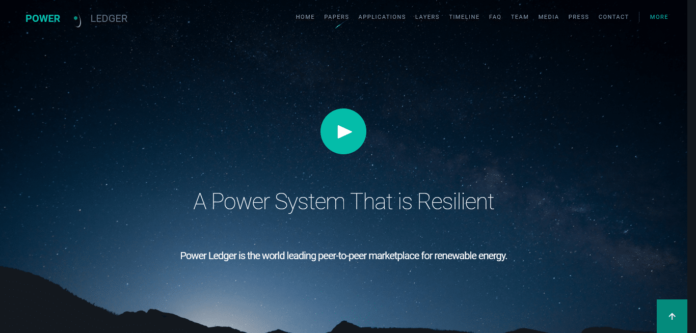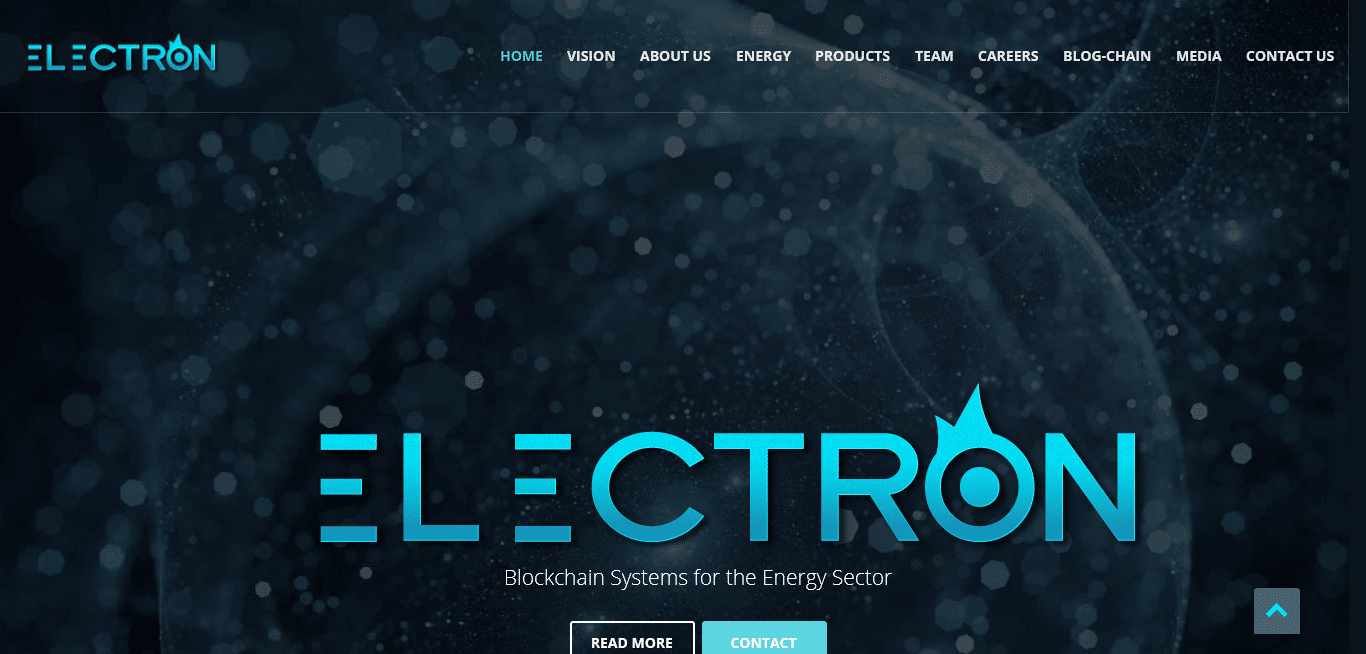
There is a major transition in the energy sector with technological innovations fueling the growth of distributed energy resources (DERs). DERs basically allow passive consumers of energy to become prosumers. Simply put, a prosumer is an individual with the capacity to both produce and consume energy. When the prosumer has excess energy, he or she can sell the surplus to his peers resulting to peer-to-peer energy trading.
Peer-to-Peer Energy Trading
Peer-to-peer energy trading is a concept expounds upon the idea of a peer-to-peer economy. In short, a sharing economy. P2P energy trading creates a system whereby consumers can take advantage of other users who produce more energy than they use. Those with excess energy can simply sell the excess to their peers for monetary gain as opposed to storing it, diminishing it, or exporting it to the power grid.
Traditionally, large energy generation plants have maintained a monopoly over power systems and electricity generation. Therefore, they satisfy much of the demand. However, estimates reveal that a large portion of the energy demand can be satisfied by renewable energy sources such as tides, wind, solar, and geothermal. Here’s where P2P energy trading comes in.
Peers on a local electricity distribution system can trade energy directly among themselves without the interruption of conventional energy providers. Typical energy trading is always unidirectional. Electricity gets transmitted from large-scale generators to consumers, often over long distances. Meanwhile, the cash goes in the opposite direction.
However, P2P trading facilitates the growth of a new energy market that allows small-scale users to actively trade energy in real time. Thereby, enabling a balance between creation and generation of energy with consumption and demand within the grid.
Blockchain Value in the P2P Energy Trading Sector
In April 2016, there were rumors stating that the world’s first energy trading transaction had taken place on the blockchain. To be more specific, the transaction had taken place in Brooklyn, New York. The owner of a solar roof panel had crafted the idea of selling his excess electricity surplus to his neighbor. He sold his neighbor a few kilowatt hours using a smart contract based on the Ethereum blockchain.
The above case represents the potential value that blockchain could pose to the P2P energy trading sector. The energy market today is comprised of a large number of suppliers and buyers. These network participants tend to exchange an immense amount of data and perform a variety of transactions. These processes require a high degree of standardization. Introduction of one blockchain platform for the entire energy trading ecosystem could achieve this standardization.
The blockchain could also have a positive effect on peer to peer energy trading through the eradication of brokers. Any prosumer on the energy trading platform can become a trader and offer their product on the platform themselves. This would make it easier for other consumers to purchase a product based on the energy of their choice. Also, prices of products would be significantly lower than those of conventional energy suppliers.
The use of smart contracts would eradicate the need to clear transactions centrally. Both participants to the contract will have pre-trade transparency that the other party will meet the requirements of the transaction. Therefore, both transactions and settlements would happen instantly and in real time. This is what is known as smart grid management. Furthermore, various processes can be omitted from the somewhat complex mesh of financial trade thereby, simplifying financial settlements.
Blockchain-Based P2P Energy Trading Projects
PowerLedger
PowerLedger is a straight forward and trustless P2P energy trading platform that supports an ever-growing assortment of energy applications. Its primary goal is to address some of the challenges faced by the global energy system. These include how to encompass individuals in high-density housing in the DER economy and reinventing energy networks to support the connection of DERs.
So far, PowerLedger supports a growing list of energy trading applications with some already in operation and some in development. These applications include support for P2P trading, autonomous asset management, distributed market management, electrical automobile management, among others.
Simply put, PowerLedger gives individuals the opportunity to reap monetary gain by simply trading energy. Traders receive payment in real time from an automated and trustless reconciliation of settlement systems. More information on PowerLedger and its energy trading token can be found in our beginner’s guide.
Electron
Electron is the trading name of London based company, Chaddenwych Services Limited. It aims to offer solutions to the energy market based on the blockchain’s guarantee of a secure, robust, and transparent platform. It does so by harnessing the power of the blockchain to design an efficient and resilient system for the energy market.

Electron is comprised of a team of blockchain and energy experts that utilize decentralized technology to boost the shared infrastructure of the energy sector. They design innovation-friendly systems to support the sector’s transition to smart grid systems and new market norms, such as decentralization and digitization.
It provides a flexible energy trading platform that enables collaborative trading in the current energy ecosystem as well as P2P and micro-grid trading. It also seeks to enable community-based energy projects that utilize millions of DERs to maximize system value. You can find more information on the project on Electron’s official website.
Final Thoughts
Blockchain technology will enable the creation of P2P energy trading platforms where everyone can trade, pay, and even deliver energy to others. With the existence of an economically attractive infrastructure, made possible by the power of the internet, there is potential for a perfect energy market in the future. Eradicating potential threats such as fraud and misconduct by participants gives the blockchain great leeway in the sector.
Currently, the blockchain is a technology that has great potential for the energy trading sector. However, most of these potential use cases are at a rudimentary stage. It may take several years before a perfect blockchain architecture is set in place to support some of the above developments. But surely, someday, a blockchain-based innovation, that doesn’t have its potential questioned, may run the energy trading sector.
The post All You Need to Know About Blockchain-Based P2P Energy Trading appeared first on CoinCentral.

Coincentral.com is author of this content, TheBitcoinNews.com is is not responsible for the content of external sites.
Our Social Networks: Facebook Instagram Pinterest Reddit Telegram Twitter Youtube










